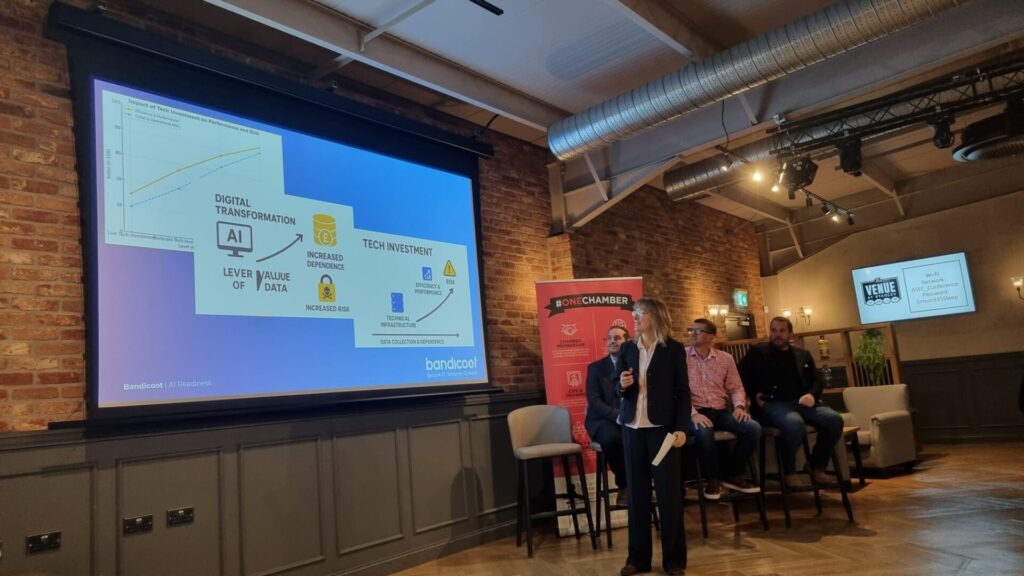
With the rise in popularity that technology has had over the years, it’s no surprise that cyber crimes are increasing, too. More users equals more crimes committed. Millions of cases of cyber crimes are reported to the police each year.
In this post, we are looking at the most common cyber crimes.
What Is Cyber Crime?
Cyber crime is a crime that involves the use of computers and online networks. The computer may be used to commit the crime or, it may be the target of one. Victims may find that their online security or financial accounts have been harmed.
Most cyber crimes are committed by individuals or small groups, however they can be committed by larger groups, too. These criminals make use of the networks to commit old crimes in modern ways, like fraud, for example.
What Are The Top 5 Cyber Crimes?
There are many different types of cyber crime but the five most common cyber crimes (in no specific order) are:
1. Phishing
2. Cyber Extortion
3. Data breach
4. Identity theft
5. Harassment
What Is Phishing?
Phishing is a socially engineered cyber crime that tricks victims into giving out sensitive information. Someone who commits this type of crime may install malware on your computer by sending you a hacked link through e-mails or websites, which can include addresses, social security numbers, or even bank account details.
Excluding e-mails and websites, the other most common types are voice phishing, video phishing, and SMS phishing.
What Is Cyber Extortion?
Cyber extortion refers to the criminal holding your data “hostage” and not returning it until the company pays a fee. Cyber criminals get confidential data typically by sending a malware link that hijacks the computer’s network and from there, they can lock you out of the system.
These criminals usually resort to threats via malicious activity until the victim gives in to their demands. Such malicious activity can be blackmail, data compromise, or denial of service.
What Is A Data Breach?
A data breach is a security violation in which sensitive or confidential data has been viewed, stolen, copied, or used by an unauthorised individual.
Similar to cyber extortion, the cyber criminal may use phishing emails and malware to obtain the data.
Data breaches can happen accidentally and purposefully, so poor firewalls and reckless employee behaviour can lead to a data breach.
What Is Identity Theft?
Identity theft is similar to phishing in that the cyber criminal steals personal data and information. However, the cyber criminal uses your information to actually steal your identity. They might use your information to apply at the bank or to get medical service.
Identity theft is damaging to the victim as it can result in the loss of money and ruined credit status. It can take a great amount of time and money for the victim to re-establish their name once the crime has been committed.
What Is Harassment?
Offline and online harassment are virtually the same. Both involve bullying, stalking, and unwanted contact – all things that make the victim feel uncomfortable or fearful. Cyber criminals may use the personal information of the victim to threaten them.
For businesses, online harassment can be damaging to their reputation. Businesses may receive harassment due to the employees or something that the business supports. Many cyber criminals may use the personal details of the employees to threaten and harass the business.
How Can I Protect Myself Online?
One all-around measure you can take to protect yourself online is to install anti-virus software onto your computer. This can help protect you from any phishing emails cyber criminals may send.
This is the biggest form of protection as phishing emails are used in many other types of cyber crime. Phishing emails or website links are the easiest way for a criminal to obtain sensitive information or install malware to your network.
Doing regular data backups and educating employees can help businesses help prevent data breaches and cyber extortion.
Get In Touch
Here at Bandicoot, we are specialists in protecting your data.
We offer a range of IT Support packages for you to choose from. Having a good IT support package will give you confidence that your data is in safe hands.
Contact us on 01282 506 616 or email us at info@bandicoot.co.uk.
Alternatively, you can send us a message via our contact form. We look forward to hearing from you



